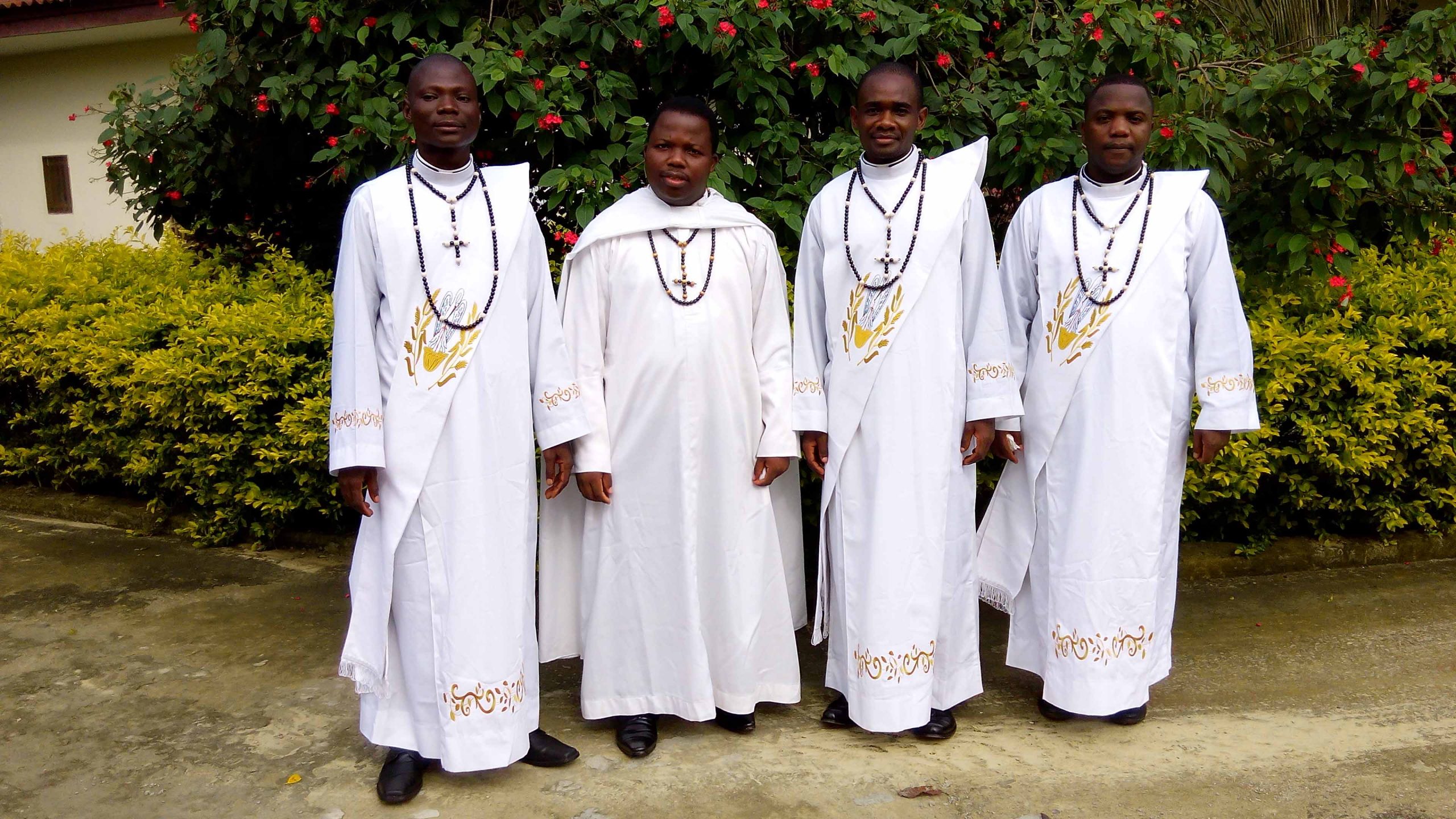Rev. José Mario O. Mandía
jmom.honlam.org
Some time back, we saw that, through reason, man becomes aware of God’s existence (cf. BSP 78). Man becomes aware also of his relationship to the deity – man is religious by nature (cf. BST 3; BSP 76-77). Tertullian (155-220 AD) spoke of the “testimony of the naturally Christian soul” (“testimonium animae naturaliter christianae” Apologeticus pro christianis 17.6; Patrologia Latina 1:377).
The relationship is characterized by prayer. Man can know God’s existence through reason, man naturally relates to God through some religion, and man naturally prays as a consequence.
If we can find religion in all cultures, we can also find prayer in all cultures. “Even after the Fall man continues to be capable of recognizing his Creator and retains a desire for the One who has called him into existence. All religions, and the whole history of salvation in particular, bear witness to this human desire for God. It is God first of all, however, who ceaselessly draws every person to the mysterious encounter known as prayer” (CCCC 535).
Pope Benedict XVI explained this universal phenomenon in the first of his series of addresses on prayer, delivered in the Wednesday Audience of 4 May 2011 at Saint Peter’s Square. The Holy Father cited specific examples of prayer in ancient cultures.
Egypt – Pope Benedict XVI quoted an ancient prayer. “‘My heart longs to see you…. You who made me see the darkness, create light for me, so that I may see you! Bend your beloved face over me’ (A. Barucq – F. Daumas, Hymnes et prières de l’Egypte ancienne, Paris 1980).”
Mesopotamia – “‘O God who are indulgent even in the greatest sin, absolve me from my sin…. Look, O Lord at your tired servant and blow your breeze upon him: forgive him without delay. Alleviate your severe punishment. Freed from bonds, grant that I may breathe anew, break my chains, loosen the fetters that bind me’ (M.-J. Seux, Hymnes et Prières aux Dieux de Babylone et d’Assyrie, Paris 1976).”
Greece – Plato wrote down the prayer of his teacher Socrates. “‘Grant to me that I be made beautiful in my soul within, and that all external possessions be in harmony with my inner man. May I consider the wise man rich; and may I have such wealth as only the self-restrained man can bear or endure’ (Plato, Phaedrus).”
Rome – From a Roman writer: “‘You are holy, you are in every epoch a savior of the human species, you, in your generosity, always help mortals, offer to the wretch in travail the tender affection of a mother. Neither a day nor a night nor even a second pass without you filling it with your benefits’ (Apuleius of Madaura, Metamorphoses ix, 25).”
Also in Rome, Marcus Aurelius (emperor from 161-180 AD) wrote in his Meditations: ‘Who told you that the gods do not help us also in what depends on us? So begin to pray to them and you will see’ (Dictionnaire de Spiritualité xii/2, col. 2213).”
Pope Benedict XVI ends his reflection with the following words: “In the examples of prayer of the various cultures which we have considered, we can see a testimony of the religious dimension and of the desire for God engraved on the heart of every human being, which receives fulfillment and full expression in the Old and in the New Testament.”
Yes, indeed, prayer is for everyone.


 Follow
Follow


